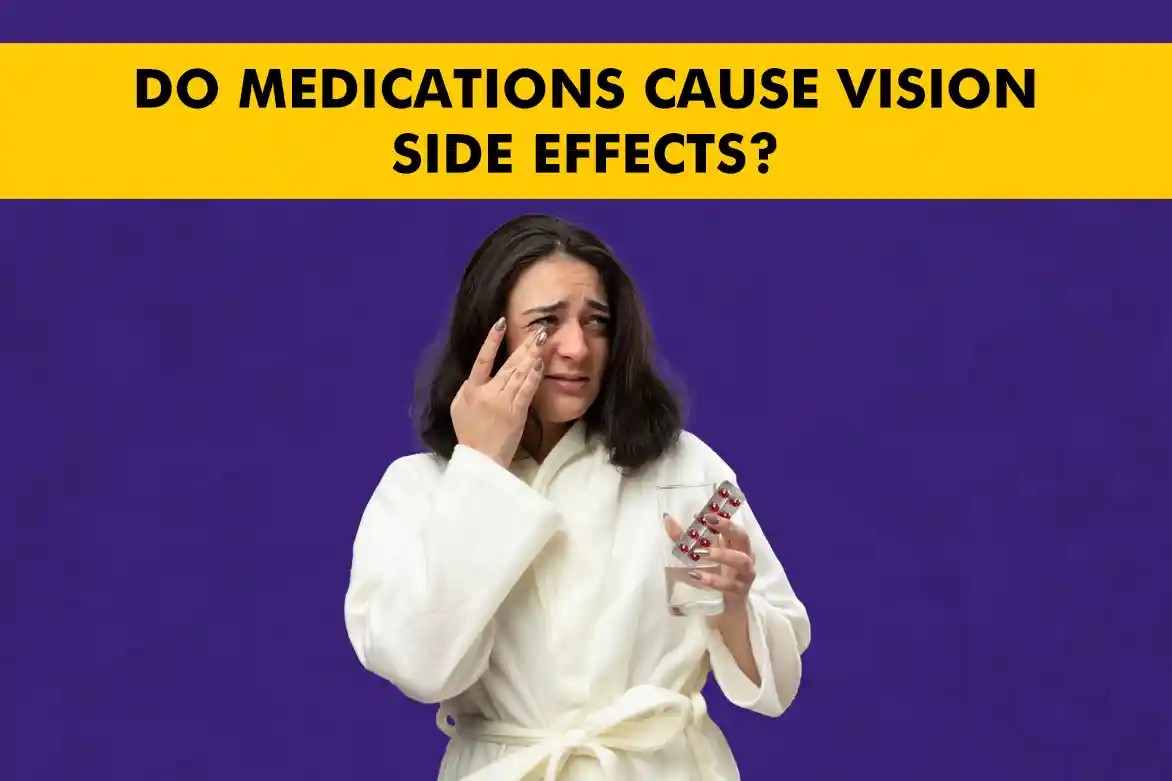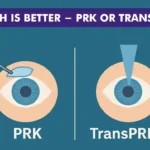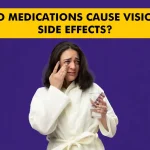Medications have revolutionized modern healthcare, offering relief and treatment for a wide range of conditions. However, while they provide numerous benefits, they can also come with side effects that users should be aware of. One area that can be affected is vision. Understanding the potential ocular side effects of medications is essential for maintaining overall eye health and ensuring any issues are promptly addressed.
In this blog post, we will explore how medications can impact your vision, detail common vision-related side effects, and provide guidance on how to manage and prevent these issues.
How Medications Affect Vision: An Overview
Medications can affect vision through various mechanisms. Some drugs may alter the function of the optic nerve, while others might impact the muscles that control eye movement or the blood vessels supplying the eyes. Additionally, certain medications can lead to changes in the fluid balance within the eyes, potentially causing increased intraocular pressure.
Understanding how different medications interact with ocular structures is crucial for both patients and healthcare providers. This knowledge can help in predicting potential side effects and taking preventive measures to safeguard eye health.
Common Vision Side Effects of Medications
Several medications are known to cause common vision side effects. These can range from mild to severe and may include:
- Blurred vision: This occurs when objects appear out of focus, making it difficult to see details
- Dry eyes: This condition happens when the eyes do not produce enough tears or the tears evaporate too quickly, leading to discomfort and irritation. Some medications can reduce tear production, resulting in dry eyes.
- Double vision: Also known as diplopia, this is when a person sees two images of a single object. It can occur if medications affect the muscles that control eye movement, causing misalignment.
- Light sensitivity: This is an increased sensitivity to light, where bright lights can cause discomfort or pain. Certain medications can make the eyes more sensitive to light by affecting the pupils or the retina.
- Changes in color perception: This involves difficulty distinguishing between different colors or noticing a shift in how colors appear. Medications can alter the way the retina processes color, leading to these changes.
While these side effects can be temporary and manageable, it is important to monitor them closely and seek medical advice if they persist or worsen.
Common Medications Known for Vision Side Effects
Certain medications are more frequently associated with vision side effects. These include:
- Antihistamines: Often cause dry eyes and blurred vision.
- Antidepressants: Can lead to blurred vision and changes in pupil size.
- Steroids: May increase the risk of cataracts and glaucoma with long-term use.
- Blood pressure medications: Can cause blurred vision and light sensitivity.
Being aware of these medications and their potential ocular side effects can help patients take proactive steps in managing their eye health.
Recognizing the Symptoms: When to Seek Help
Recognizing the symptoms of vision side effects early is crucial for timely intervention. Signs that you should seek medical help include:
- Sudden onset of blurred or double vision
- Persistent dryness or discomfort in the eyes
- Severe light sensitivity
- Noticeable changes in color vision or night vision
If you experience any of these symptoms, it is essential to consult with a healthcare provider to determine the cause and appropriate treatment.
Preventative Measures and Management Strategies
There are several strategies to manage and prevent vision side effects from medications. These include:
- Regular eye exams: Ensure any changes in vision are detected early.
- Staying hydrated: Helps prevent dry eyes.
- Using lubricating eye drops: Can alleviate discomfort from dry eyes.
- Following medication guidelines: Adhering to prescribed dosages and schedules.
Taking these steps can help minimize the impact of medication-related vision side effects and maintain overall eye health.
Consulting Your Healthcare Provider: Key Questions to Ask
When discussing medications with your healthcare provider, it is important to ask key questions about potential vision side effects. Consider inquiring about:
- The likelihood of vision side effects with your prescribed medication
- Steps you can take to prevent or manage these side effects
- Alternative medications with fewer ocular side effects
- The necessity of regular eye exams while on medication
Being proactive in these discussions can help you make informed decisions about your treatment and eye health.
When to Seek Medical Help
It is important to seek immediate medical help if you experience any sudden or severe changes in your vision. This includes symptoms such as:
- Sudden loss of vision
- Intense eye pain
- Seeing flashes of light or floaters
- Severe redness or swelling in the eyes
Prompt medical attention can help identify the cause and prevent further complications, ensuring your vision and overall eye health are protected.
Conclusion
Medications are essential for treating a variety of health conditions, but they can also come with side effects that impact vision. By understanding these potential side effects and taking proactive steps to manage and prevent them, patients can maintain their eye health while benefiting from their prescribed treatments.
Always consult with your healthcare provider if you experience any vision changes while on medication, and ensure you have regular eye exams to monitor your eye health.
FAQs
Common medications that cause dry eyes include antihistamines, antidepressants, blood pressure medications, and certain acne treatments.
Yes, prolonged use of steroids (like corticosteroids) can increase eye pressure, potentially leading to glaucoma.
Blood thinners can increase the risk of bleeding in the eye, which may lead to vision disturbances like floaters or blurred vision.
Blurred vision from medication is usually temporary and improves after stopping the medication, but consult your doctor if it persists.
Do not stop taking any medication without consulting your doctor. They may adjust the dose or suggest alternatives to minimize vision side effects.





